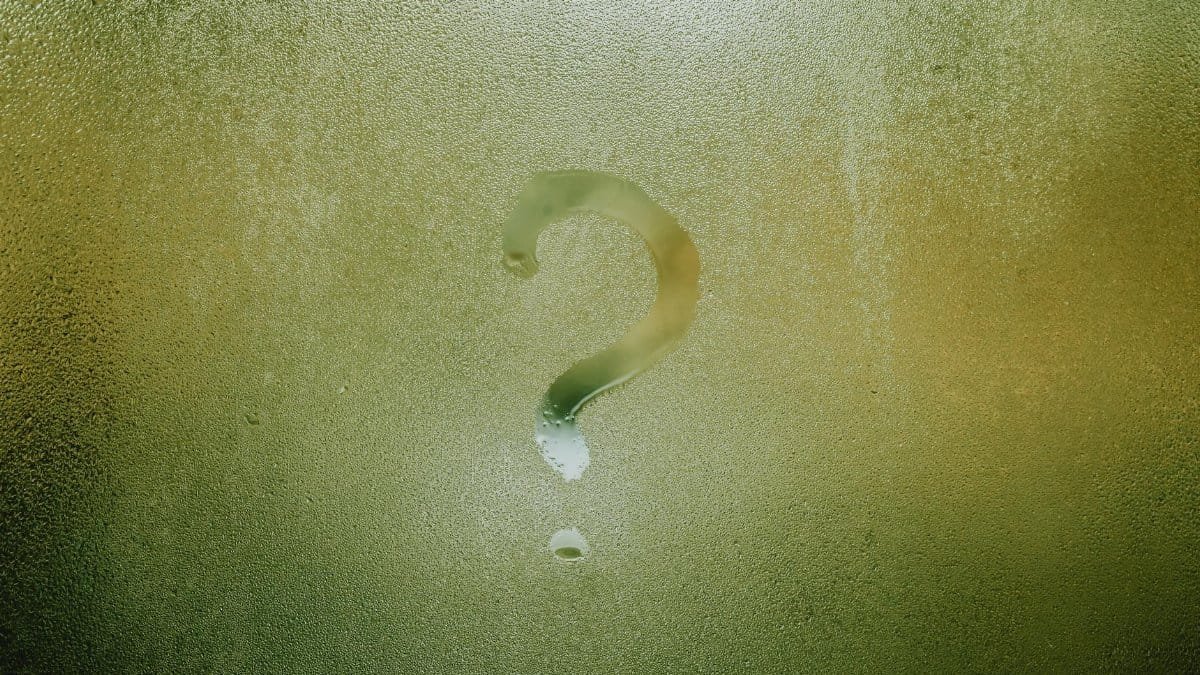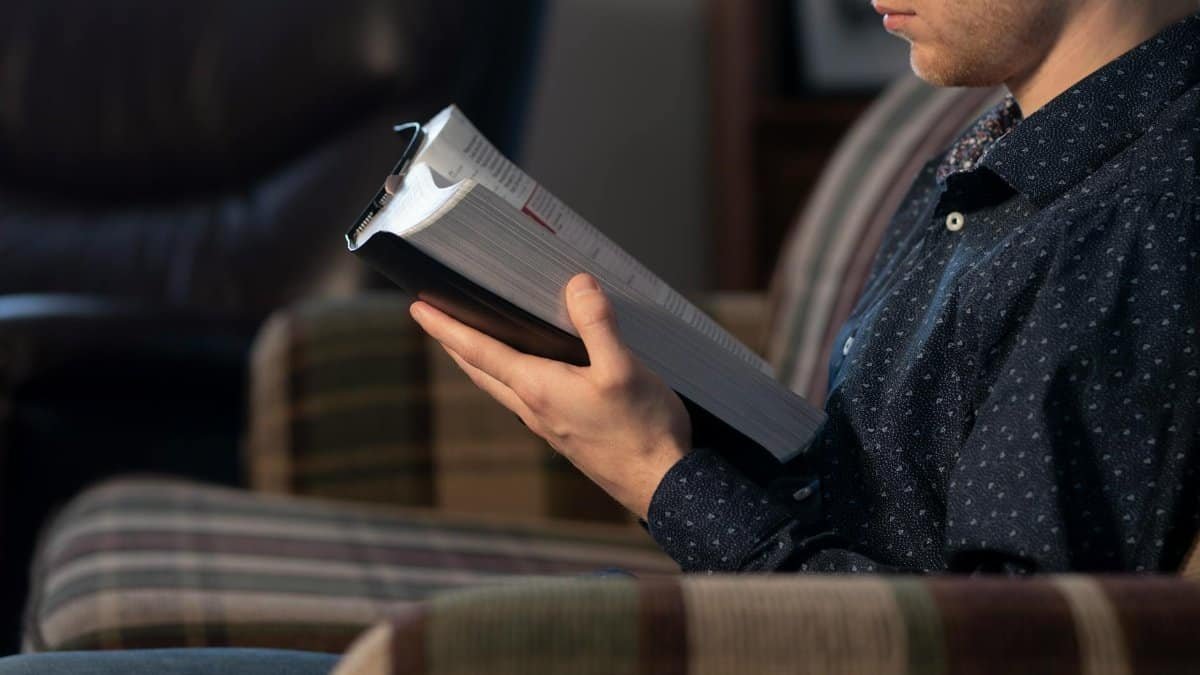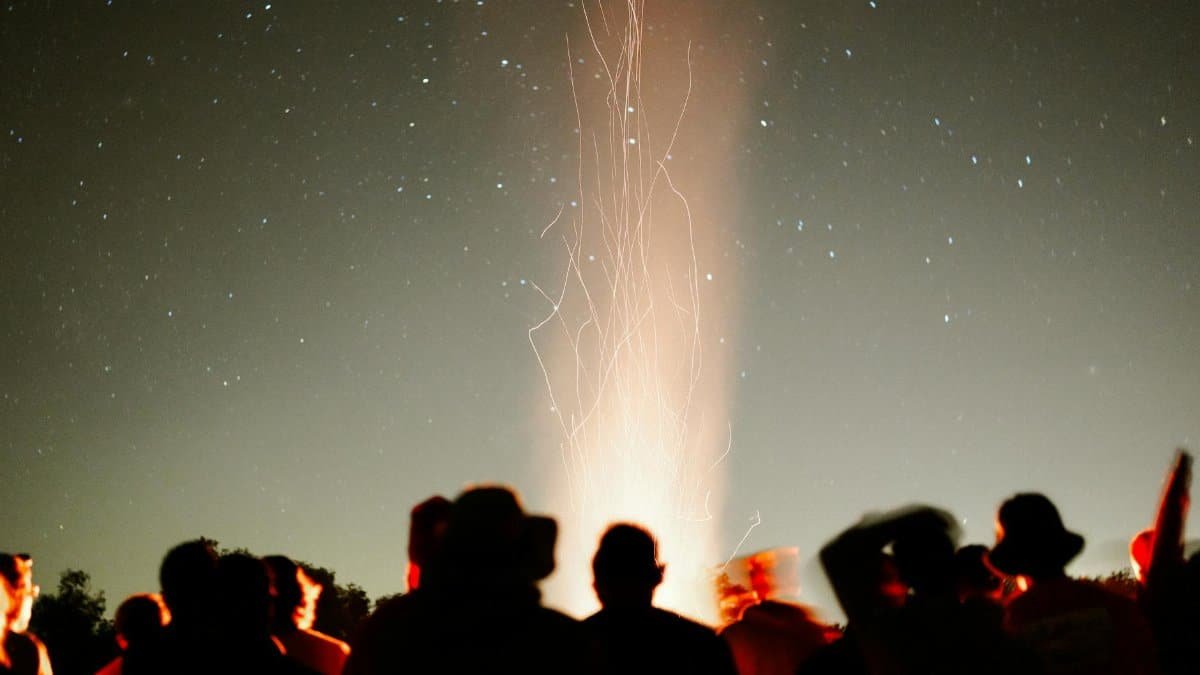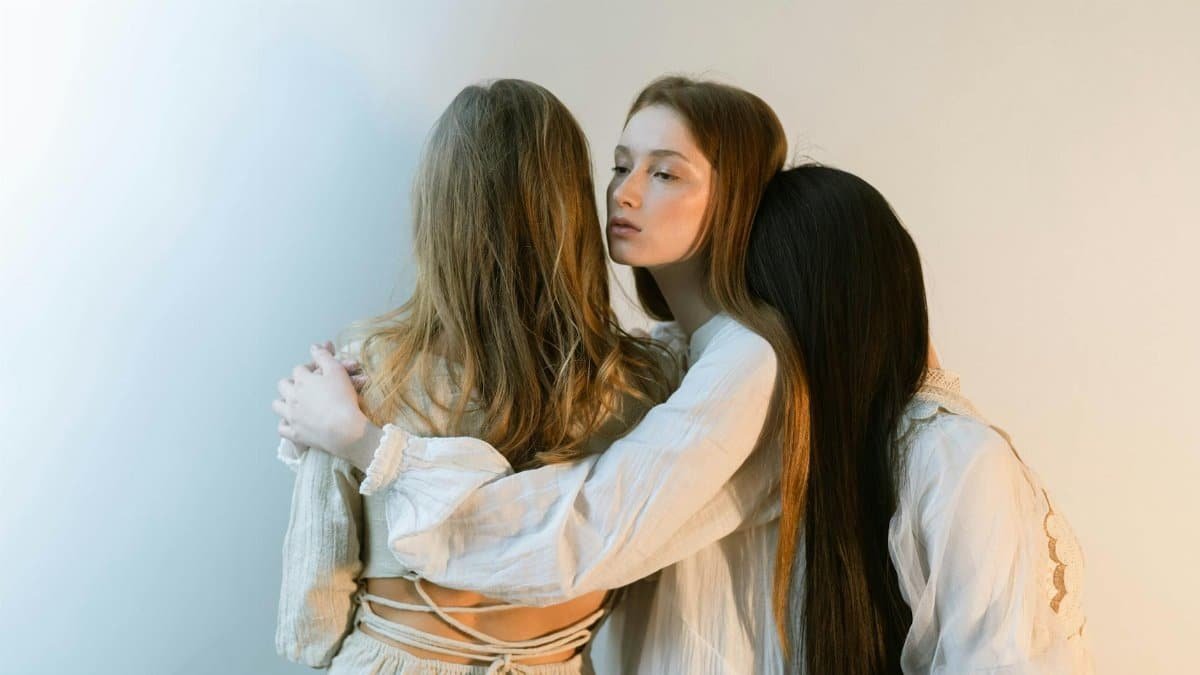Sunlight filtered through the windows of a cozy Brooklyn café last month as a small group of twenty-somethings huddled over their lattes, animatedly discussing their zodiac signs. One young woman, gesturing with enthusiasm, declared that her recent career pivot was “totally a Scorpio move.” Her friends nodded, as if the alignment of stars explained it all. This scene isn’t unique—across the United States, astrology popularity has surged, particularly among younger generations. What was once dismissed as a quirky pastime or mere superstition is now a cultural force, shaping how many young Americans navigate relationships, career choices, and even personal identity. From social media feeds brimming with horoscope memes to packed astrology workshops in urban centers, the fascination is undeniable. But why now? What’s driving this celestial obsession in 2025, and what does it reveal about the deeper needs of a generation grappling with uncertainty? Let’s unpack the reasons behind this cosmic comeback.
The Digital Age Fuels a Cosmic Connection

Scroll through any social media platform today, and astrology content is inescapable. TikTok videos offering “daily readings” rack up millions of views. Instagram accounts dedicated to zodiac memes have followings in the hundreds of thousands. For many young Americans, the internet has turned astrology into a shared language—a quick, accessible way to connect. It’s not just entertainment; it’s a tool for self-expression. A 2021 survey from the Pew Research Center found that 29% of U.S. adults believe in astrology to some degree, with younger demographics leading the charge. Digital platforms have democratized access, allowing anyone with a smartphone to explore their birth chart or read a horoscope tailored to their sign. Apps like Co-Star and The Pattern, which boast millions of downloads, provide hyper-personalized insights at the tap of a screen. This tech-driven revival isn’t just about convenience; it’s about community. Online spaces have fostered a sense of belonging around astrology, especially for those who feel disconnected in an increasingly fragmented world.
But there’s more at play. The algorithms know what keeps users engaged—astrology content often feels personal, even urgent. A fleeting post about “Mercury retrograde chaos” can spark a thread of shared woes. It’s a modern campfire story, told in likes and comments. This digital momentum shows no sign of slowing in 2025, as platforms continue to amplify astrology’s reach.
A Generation Seeking Meaning Amid Chaos

Young Americans today face a landscape of uncertainty—economic instability, climate crises, and social upheaval weigh heavily. In such turbulent times, astrology offers a semblance of order. It’s no coincidence that interest in the stars spikes during periods of collective stress. A study by the American Psychological Association noted that stress levels among Gen Z and Millennials have soared in recent years, with many citing a lack of control over their futures. Astrology, with its promise of cosmic patterns, provides a framework to make sense of the mess. If a bad day can be chalked up to a planetary alignment, it feels less random, less personal.
Consider the appeal of a birth chart, which maps out one’s personality and potential based on the stars at their moment of birth. For some, it’s a roadmap when traditional guides—religion, family structures, or career ladders—seem less reliable. It’s not about blind faith; it’s about finding a narrative. One anonymous online account recently shared, “I don’t even know if I believe in it, but checking my horoscope feels like someone’s got my back.” That sentiment resonates with many who crave reassurance in a world that often feels indifferent.
The Shift from Religion to Personalized Spirituality

Walk into any bookstore, and the “New Age” section is often packed with titles on astrology, tarot, and crystals. This reflects a broader trend: younger generations are moving away from organized religion toward individualized spiritual practices. Data from the Pew Research Center shows that the percentage of Americans identifying as religiously unaffiliated has risen sharply, especially among those under 30. Astrology fills a void for many, offering a sense of the mystical without dogma. It’s spirituality on their terms—flexible, nonjudgmental, and deeply personal.
Unlike traditional faith systems, astrology doesn’t demand strict adherence or communal worship. It’s a solo journey, or one shared casually with friends over brunch. A young man in Chicago, overheard at a local event, put it simply: “I don’t need a church to feel connected to something bigger. My zodiac sign tells me who I am.” This shift isn’t just a rejection of the old; it’s a reinvention of the sacred, tailored to fit a generation skeptical of institutions but hungry for transcendence.
Pop Culture’s Cosmic Endorsement

Astrology popularity isn’t just bubbling up from grassroots communities—it’s getting a major boost from mainstream culture. Celebrities like Taylor Swift and Megan Thee Stallion openly reference their zodiac signs in interviews and songs, normalizing the obsession. Streaming platforms feature shows centered on astrology, while fashion brands slap zodiac symbols on everything from T-shirts to jewelry. This visibility matters. When a pop icon casually mentions being “such a Pisces,” it sends a signal: astrology is cool, relatable, even aspirational.
The media’s role can’t be understated. Major outlets, including The New York Times, have published pieces on the cultural resurgence of astrology, often framing it as a millennial and Gen Z phenomenon. Horoscopes are no longer relegated to the back pages of newspapers; they’re front and center in lifestyle magazines and online content. This mainstreaming has stripped away much of the stigma, turning a once-mocked practice into a badge of identity for many young Americans.
The Appeal of Self-Discovery in a Curated World

Why does a generation raised on self-curated social media feeds gravitate toward astrology? At its core, it’s about self-discovery—or at least the illusion of it. Zodiac signs and birth charts offer a mirror, reflecting traits and tendencies that feel validating. In a world where young people are constantly crafting online personas, astrology provides a pre-made framework for understanding oneself. It’s less about predicting the future and more about narrating the present. A Virgo might embrace their “perfectionist” label as a quirky strength. A Cancer might lean into their “emotional” nature as a point of pride.
This isn’t just armchair psychology. The process of exploring one’s astrological profile can feel like peeling back layers, even if the insights are broad or coincidental. It’s a low-stakes way to wrestle with identity, especially for those who feel lost in the shuffle of modern life. The act of reading a horoscope or sharing a zodiac meme becomes a small ritual of introspection, a moment to pause and consider: Who am I, really?
Community and Conflict: The Social Side of the Stars

Astrology isn’t just a solo endeavor—it’s a social glue. Young Americans use it to bond, whether they’re debating compatibility between signs or joking about a friend’s “typical Aries behavior.” It’s a shorthand for connection, a way to break the ice or deepen a conversation. Yet, it also sparks tension. Not everyone buys into the hype. Skeptics roll their eyes, dismissing it as pseudoscience or a distraction from real issues. This divide plays out in friend groups and online forums, where believers and doubters clash over astrology’s legitimacy.
Still, even the skeptics can’t ignore its cultural footprint. Astrology popularity has woven itself into the fabric of how many young people relate to each other. It’s not uncommon to hear someone ask, “What’s your sign?” on a first date, using it as a litmus test for compatibility. Whether embraced or mocked, astrology has become a reference point—a shared vocabulary that shapes interactions in subtle but persistent ways.
What’s Next for Astrology’s Rising Star?

As 2025 unfolds, the trajectory of astrology popularity among young Americans seems poised to climb even higher. Its blend of accessibility, personal resonance, and cultural cachet makes it a perfect fit for a generation seeking both meaning and connection. But questions linger. Will this fascination deepen into a lasting cultural shift, or is it a passing trend, destined to fade like so many fads before it? There’s also the risk of commercialization—already, the market is flooded with zodiac-themed products, some of which feel more exploitative than authentic.
For now, the stars hold sway. Young Americans are turning to astrology not just for answers, but for a sense of agency in a world that often feels out of control. It’s a quiet rebellion against uncertainty, a way to claim a piece of the cosmic narrative. And in a society that’s increasingly digital, fragmented, and unpredictable, that act of reaching for the stars feels profoundly human.
